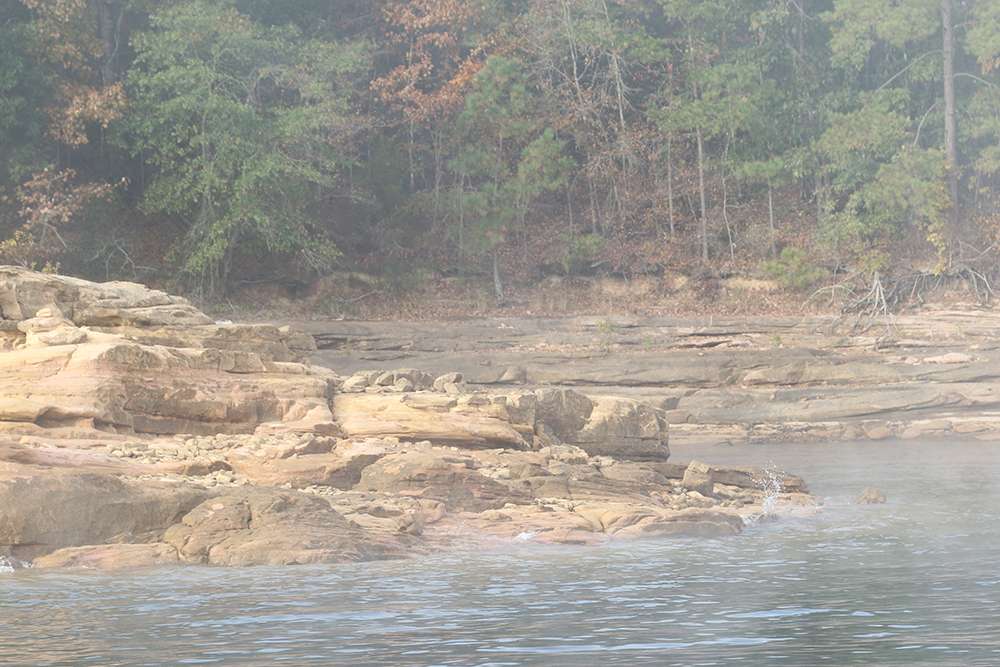
The basic idea in my last column was that there’s not too much to worry about when it comes to the bass themselves. The situation with their environment is a little more troubling, though.
Editor’s note: Read part 1.
Let’s talk about forage first.
In lakes and rivers where the forage base is made up primarily of shad the unusual cold could be a problem. Threadfin shad are especially sensitive to cold water. They can’t survive it, and they have no defense to it. They die when it gets real cold.
That’s a big issue for the next year. If the prespawn bass can’t eat, then nothing else much matters. Their eggs and fry won’t be healthy. They’ll have a higher than usual mortality rate, and it’s already high. It’ll affect the year class, too. They won’t grow as much or as fast. That can create a longterm problem for the fishery.
With gizzard shad, however, the situation is a little different. They’re sensitive to cold but not like threadfin shad. More will survive the cold so the overall impact on the bass population won’t be as pronounced.
Other types of forage will be affected differently depending upon how they handle cold water over a prolonged period of time. The only thing I can say is to do a little research on the internet and see how your local forage handles cold conditions.
How severe the effects on any forage will be depend upon how cold it gets and how long it lasts. That’s something we won’t know until it’s all over. In truth, though, we couldn’t do anything about it even if we did know.
Now let’s look at vegetation.
The effect a prolonged Polar Vortex and unusually cold weather will have on vegetation is a little more predictable. In general it’ll survive unless it freezes solid for a long period of time or the ice gets so thick and heavy that it blocks the sunlight.
Vegetation is incredibly resilient. You see this all the time everywhere in the country. It’s sprayed with chemicals, cut, harvested and in some cases pulled up by the roots. Nevertheless, within a year or two it’s back, as heavy and thick as ever. And, despite the best efforts of man, it tends to spread around the lake or river, covering more and more acres every year.
I know there are some exceptions to what I just said. Nevertheless, my point is valid. Vegetation is hard to eradicate.
That said, if it freezes for a period of time it does tend to die. This is especially true in places where the water’s shallow and the bottom freezes along with the water. That’ll kill the roots.
Another issue that comes into play is the ice. As it gets thicker it tends to block the sunlight. This may, or may not, kill the vegetation under it, but it will delay its emergence in the spring when everything warms up.
That delay does a couple of things. First, it changes fish movements and holding places. The other is that it’ll put less oxygen into the water. How much of an effect that’ll have on your lake is an open question. About all you can do is fish it and see what’s happening.
And that’s really the bottom line to both of my columns. You have to know your local fishery to make a good judgement call about what extremely cold weather will do to it. And, before you do that you’ll have to wait and see what Mother Nature has in store for us.
You’ve heard it a thousand times: Know your local waters, and fish them accordingly.

